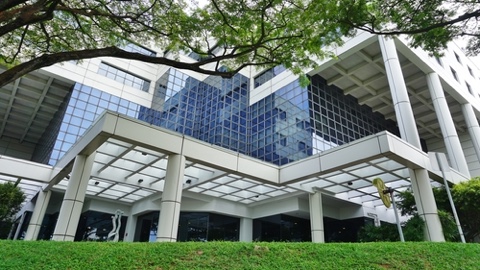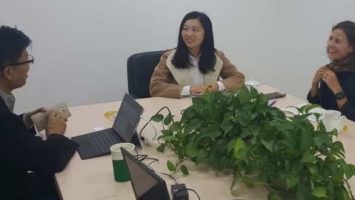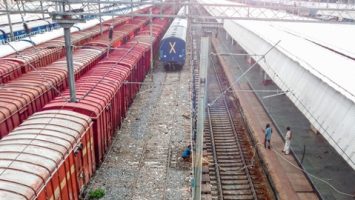
Researchers from the Department of Mechanical Engineering at the National University of Singapore (NUS) have developed a smart quad-generation plant capable of producing all four key utilities – electricity, water, air-conditioning and heat – simultaneously using a single, integrated system. The plant provides energy and cost savings, increases space efficiency, and reduces carbon dioxide emission by more than 30 percent over standard plants.
Associate Professor Ernest Chua said, “Currently, significant amount of energy is required for the generation of electricity, water, air-conditioning and heat. Running four independent processes also result in extensive energy wastage, and such systems take up a huge floor area. With our smart plant, these processes are carefully integrated together such that waste energy can be harvested for useful output. Overall, this novel approach could cut energy usage by 25 to 30 percent and the 4-in-1 plant is also less bulky. Users can also enjoy cheaper and a more resilient supply of utilities. Furthermore, this approach could reduce Singapore’s carbon emission by 2 to 4 percent at business-as-usual levels.”
Natural gas is used to power micro turbines to produce electricity. Waste energy that is generated is recovered and channeled back to either power chillers to produce chilled water, then used to cool and dry air for air-conditioning or to produce hot water or steam. Various smart features have been incorporated into the plant, such as real-time tracking of power consumption and remote-control of valves and pumps. This enables operators to evaluate energy efficiency and optimize processes.
“The quad-generation plant is designed to be a distributed power entity. It is particularly suitable for serving clusters of buildings as well as underground cities, where key resources can be shared to reap economies of scale. As power grids could be vulnerable to national security threats, our smart plant could also serve as a resilient distributed energy resource to continue to provide these essential utilities and minimize disruptions to daily lives,” added Chua.


